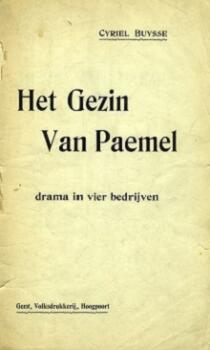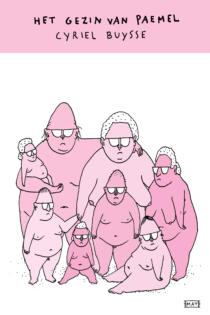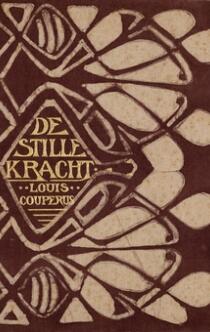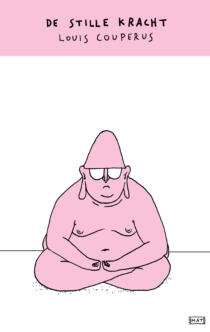Shortly afterwards, Aimé Bogaerts, editor-in-chief of the newspaper Vooruit, announced that the Ghent amateur theatre company Multatulikring would perform it, with the comment: “We must do this, people; this is public education; this is the start of retribution”. The first performance, on 25 January 1903, was a triumph and the start of a success and fame that has lasted to this day. Multatulikring performed the piece every year until 1914, and achieved much renown.
There was no room on the stages of the official theatre companies at first for this raw, realistic play – “a very nasty and rough attack on our way of life” – but the naturalistic depiction of the social realities, unembroidered in the East Flemish dialect, was a direct attack on the social inequalities and exploitation that would eventually play a role in ousting the “most foul dragons” on the Flemish scene. The Van Paemel Family would go on to conquer the traditional Flemish theatres and receive a permanent place as a repertory classic.
The Van Paemel Family illuminated a contemporary truth: the deep divide between the social classes and the inhuman impoverishment of the rural population. Today, these extreme social abuses have largely disappeared, but the action and the characters in the play remain just as fascinating. The tragic downfall of the poor farmer and his family is a human drama that continues to appeal to audiences thanks to Buysse’s inclusion of the psychological aspects of the story.
Buysse offers no solution to the conflict but merely paints a picture of how the farmer becomes ruined and his family falls apart as a result of socioeconomic conditions. He shows how the older generation are not able to cope with social change and how they accept their fate as a punishment (be it unfair) from God. Father Van Paemel is at the mercy of a twofold omnipotence: the rich baron, lord of the manor, who has the power to extort him at will; and the village priest, who only preaches acquiescence and obedience. But there is a glimmer of hope. The family will be destroyed by various calamities, but a couple of the children refuse to accept their fate and manage to escape by immigrating to America.
The generational conflict is as old as time. But what really adds to the appeal for today’s audiences is the interfacing of so much tragedy with the relief of humour, so typical of Buysse. The baron and his family speak a particularly comical fusion of French and broken Flemish dialect. Poacher Masco too, the lover of one of Van Paemels daughters, ensures a cheerful note. But what really lingers in the mind is the figure of farmer Van Paemel, who reviews his life in an impressive monologue near the end, and in the very last scene, says goodbye, as he chops firewood, to his rebellious son Kamiel. A final chord that leaves no one unmoved.






